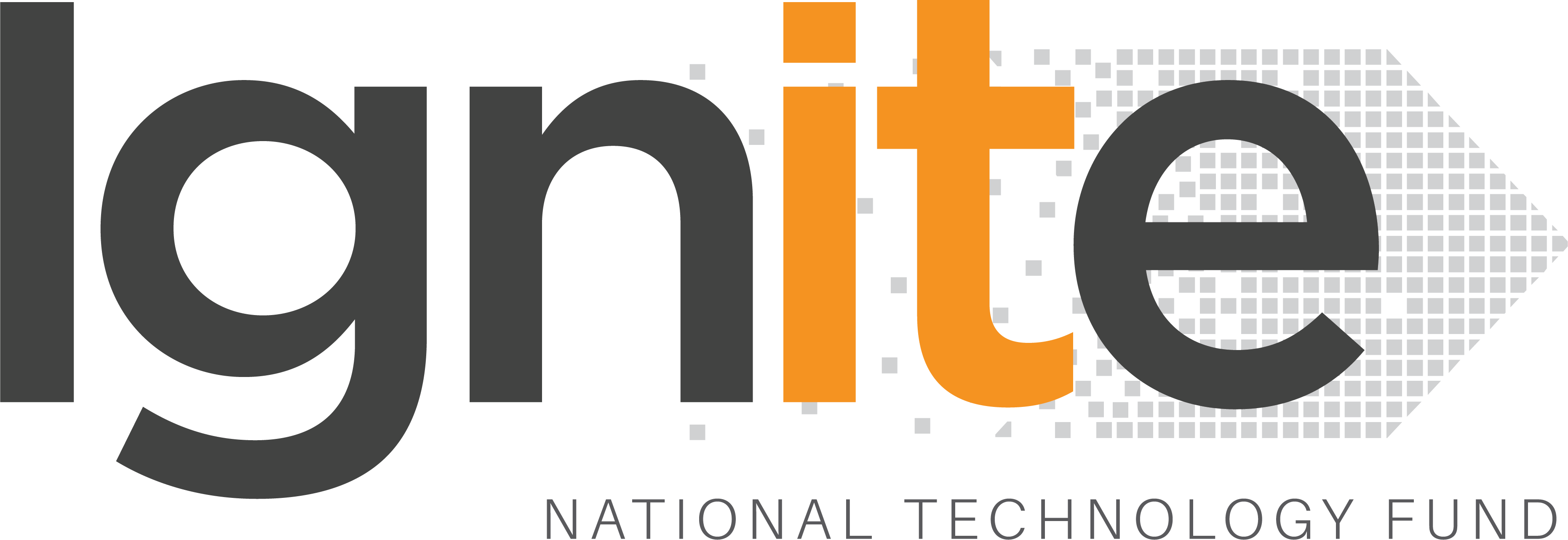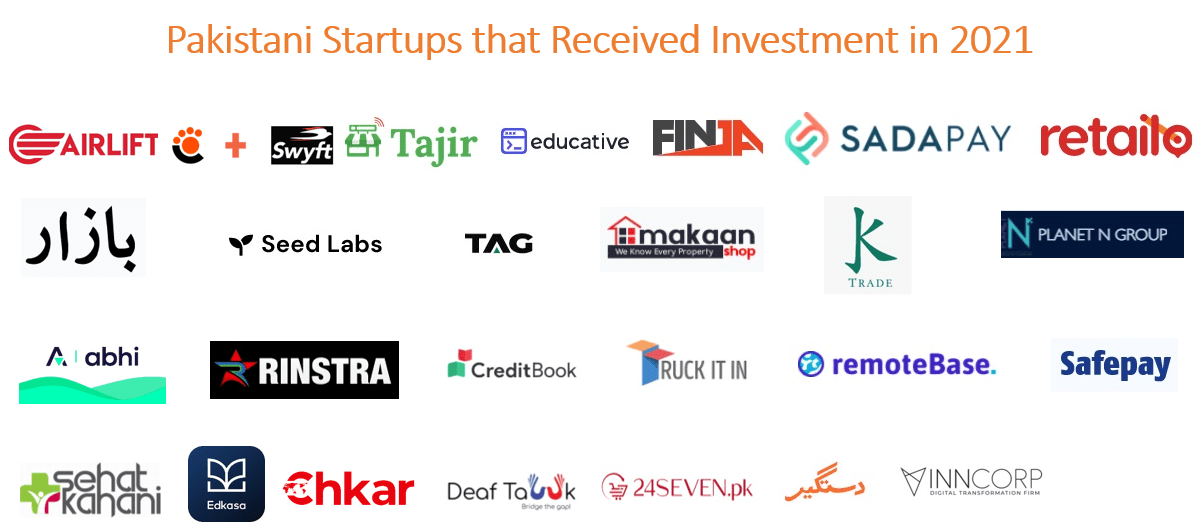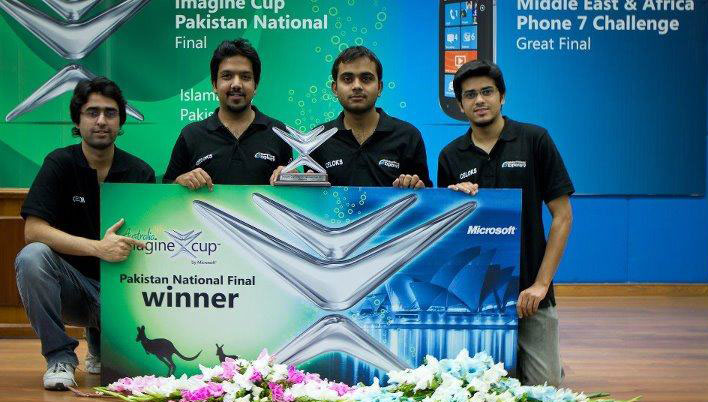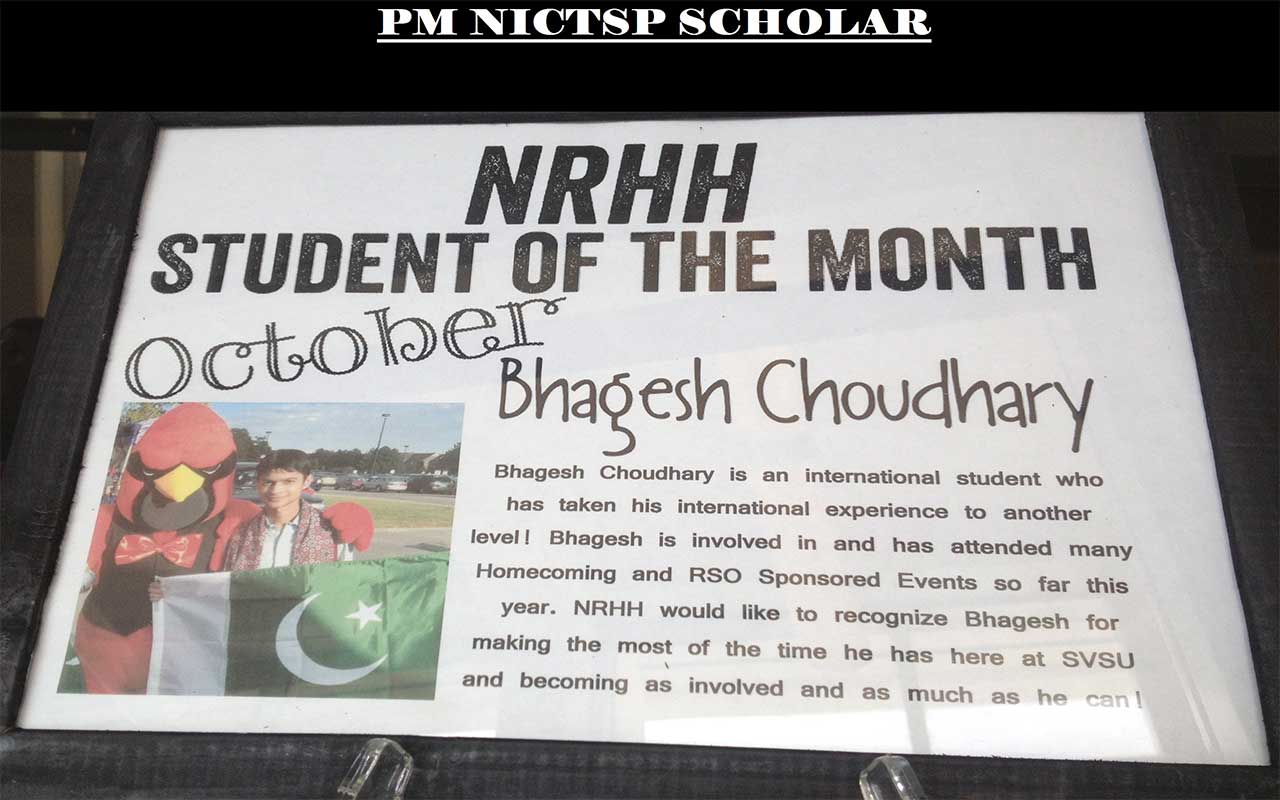Islamabad, August 23, 2021. 2021 has been a remarkable year for Pakistani startups as far as investments are concerned. In whole of 2020, Pakistani startups had received investment of $77 million whereas in just 8 months of 2021, investments in Pakistani startups have crossed $228 million according to Ignite. That is a growth of almost 3 times over 2020 with another 4 months still to go. If the momentum continues like this for the next couple of years, annual investments in Pakistani startups can reach billion dollars by 2025.
According to CEO Ignite, Asim Shahryar Husain, “Over the last five years or more, government, academia, and industry have launched many incubators which have produced more than a thousand startups in different verticals. Many of these startups are generating revenue and are ready for acceleration. When you have leading VCs like Kleiner Perkins and 20VC investing in Pakistani startups, then it means that you are getting ready for the global stage. Pakistani startups are the next big thing and many are ready for acceleration and lift off now.”
Ignite is planning both horizontal and vertical expansion of its flagship National Incubation Centers (NICs) in future. Presently, Ignite has launched NICs in Islamabad, Lahore, Karachi, Peshawar, and Quetta. In future, Ignite will be launching new incubators in Faisalabad, Hyderabad, Multan and other cities of Pakistan. Also, Ignite will launch specialized incubators in verticals such as gaming & animation, aerospace, healthtech, etc. for incubation of startups in these areas.
Sectors which are attracting investment include ecommerce, transport/logistics, fintech, healthech, retailtech, and edtech. So far, 37 Pakistani startups have raised funding of $228 million this year. Five of them have raised more than $10 million dollars each including Airlift (ecommerce), Cheetay (logistics), Tajir (retailtech), Educative (edtech), and Finja (fintech) in series A and series B funding this year. A shift towards series A and B funding by many startups shows that they are growing and planning national and international expansion of their operations. Average deal size has grown by more than 3 times from $1.2 million in 2020 to around $4 million this year.
Leading international venture capitalists which have invested in Pakistani startups this year include Kleiner Perkins, Prosus, 20VC, Buckley Ventures, Y Combinator, 500 Startups, Next Billion Ventures, SparkLabs, Golden Gate Ventures, Hustle Fund, First Round Capital, Draper Associates, Global Founders Capital, Raptor Group, MSA Capital, Shorooq Partners, Visa, and Stripe. Leading local investors include Indus Valley Capital, Fatima Gobi Ventures, 47 Ventures, KASB Securities, BitRate, Invest2Innovate, Zayn Capital, Sarmayacar, HBL Ventures, and Systems Limited. So Pakistani startups are attracting investment from all over the globe.
What are the factors which are attracting investment in Pakistani startups this year? After Covid-19 situation since last year, many governments have released funds to stimulate economies and venture capitalists are flush with cash looking around for good investment opportunities. Second, State Bank of Pakistan has issued some useful regulations regarding startups such as sweat equity and convertible debt which has resulted in boosting foreign investment in startups. Pakistan’s banking regulator has allowed shareholding of Pakistani founders in foreign holding companies of startups in the form of sweat equity. Third, Pakistan is a 200 million plus consumer market and ecommerce for groceries, household related items, and food delivery has flourished after Covid lockdowns.
At present, majority of the investments in Pakistani startups is by foreign investors. If tax incentives are given by FBR to local investors such as tax credit on investments in local startups, then it will trigger local investment in startups also. If investments continue pouring in like this, then valuations of mature startups will continue to rise and Pakistan could see its first unicorn (billion dollar startup) before 2025.




